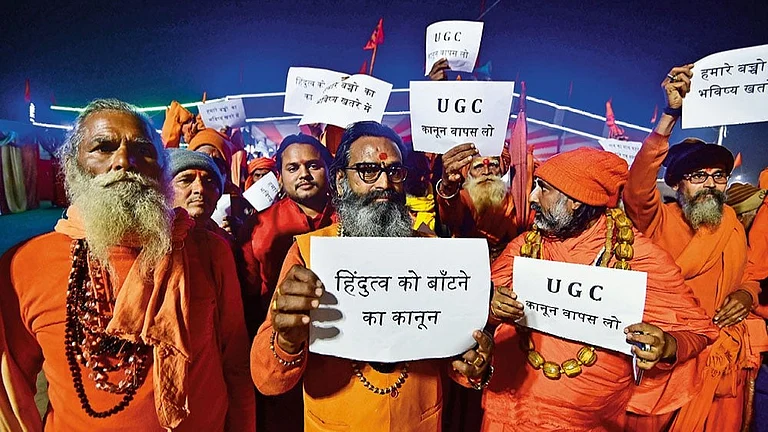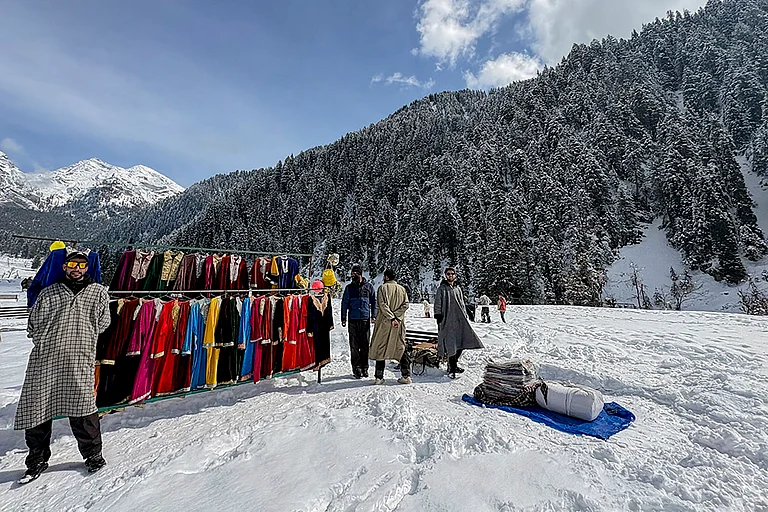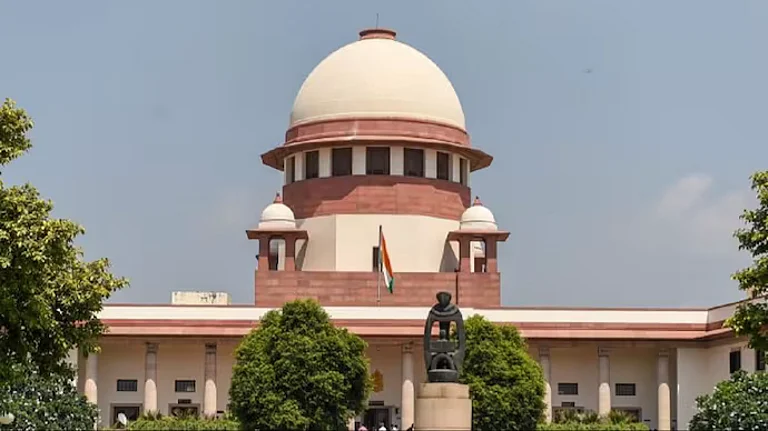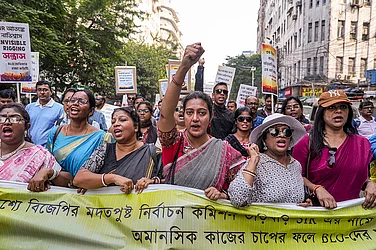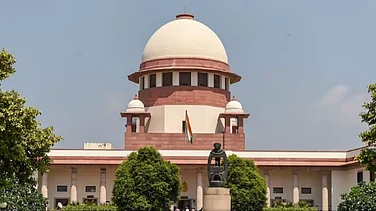Following the acquittal of all accused in the Naroda Gam massacre case related to 2002 Gujarat Riots, the focus is back on similar cases from the period.
In 2002, communal violence broke out in Gujarat after a train carrying Hindu activists was burnt in Godhara. Hundreds of Muslims were killed in the post-Godhara violence,
The Naroda Gam massacre verdict is the second development related to the Gujarat Riots that has come into focus lately. Last year, sentences of 11 covicts in the case of rape of Muslim woman Bilkis Bano and murder of her family members were commutted. As the convicts walked out of jail, the Opposition and civl society erupted in outrage over the development.
Here we explain what happened in 2002 in Gujarat and how other cases stand related to the riots.
What were 2002 Gujarat Riots?
In 2002, a total of 1,044 people were killed in communal violence in Gujarat. The dead included 790 Muslims and 254 Hindus, according to a report.
On February 27, 2002, a total of 59 Hindus died in a fire in Sabarmati Express at Godhra, Gujarat. The Bharatiya Janata Party (BJP) called the incident a "premeditated assault". Following the incident, violence broke out in Gujarat, leading to national and international outrage against the then-Gujarat Chief Minister Narendra Modi, who became the Prime Minister of India in 2014. He was cleared by the Special Investigation Team (SIT) of any role in the violence.
The Hindutva organisation Vishwa Hindu Parishad (VHP) later said the Gujarat Riots "had to be done".
VHP Gujarat chief Keshavram Kashiram Shastri told Rediff News in March 2002 that a list of shops owned by Muslims in Ahmedabad was prepared on the morning of February 28, a day after the Godhara incident. The Rediff noted, "Shastri was replying to an allegation that shops in Ahmedabad were looted on the basis of a list prepared by the VHP in advance and that the violence was not a spontaneous outburst against the carnage in Godhra."
Shastri told Rediff, "In the morning we sat down and prepared the list. We were not prepared in advance...It had to be done, it had to be done. We don't like it, but we were terribly angry. Lust and anger are blind."
Here is how other Gujarat Riots cases stand
With a special court in Gujarat acquitting all 67 accused, including former Gujarat minister Maya Kodnani, in the case of post-Godhra riots in Ahmedabad's Naroda Gam that claimed the lives of 11 Muslim community members, focus is now back on similar cases related to one of the most turbulent times in the state's history.
Apart from the Naroda Gam case, seven other 2002 post-Godhra riots cases were investigated by the Supreme Court (SC)-appointed Special Investigation Team (SIT).
Gulberg Society case:
Sixty-nine people, including former Congress MP Ehsan Jafri, were killed in the violence at Gulberg Society in Ahmedabad in February 2002. The trial court gave its verdict and sentenced 24 people in the case, of whom 11 were sentenced to life imprisonment. The case is pending before the high court.
Naroda Patiya case:
Ninety-six people, mostly belonging to a minority community, were killed in the riots at Naroda Patiya in Ahmedabad. The trial court sentenced 32 convicts, including former Gujarat minister Maya Kodnani and ex-Bajrang Dal leader Babu Bajrangi, to life imprisonment. The Gujarat High Court upheld the conviction of 16 people, including Bajrangi, but acquitted Kodnani.
Sardarpura case:
Thirteen people were killed in Sardarpura village in Mehsana district in the post-Godhra riots. The trial court sentenced 31 convicts to life imprisonment in 2011. While the high court upheld the life term of 17 convicts, it acquitted 14 others.
Ode case: Twenty-three people were killed in the riots that broke out in Ode village in Anand district in 2002. The trial court convicted 23 persons and sentenced 14 of them to life imprisonment. In 2012, the Gujarat High Court upheld the conviction of 19 out of 23, including the 14 who were sentenced to life imprisonment.
Pandarwada case:
The post-Godhra violence in Pandarwada village in Panchmahals district claimed the lives of 39 people. As bodies of 20 of these victims remained unclaimed, they were buried near Panam river in Lunawada town. However, in 2005, some relatives of those victims dug the grave to exhume the remains. The trial court had acquitted 21 accused, who were arrested by the police. The case against 14 other accused, who were later arrested, is pending.
Prantij case:
Three British nationals and their driver were burnt alive in the vehicle they were travelling in by a mob near Prantij town in Sabarkantha district during the post-Godhra riots. They were originally from India, but settled in the UK. A court in Himmatnagar in the district had acquitted all six accused arrested in the case in 2015.
Dipda Darwaza case:
Eleven persons were killed in Dipda Darwaza area of Visnagar town in Mehsana district during the 2002 riots. A trial court had convicted 22 accused and sentenced 21 of them to life imprisonment in 2015. The SIT has moved the high court for appeal against the acquittal of 61 others. The case is pending in the high court.
(With PTI inputs)







